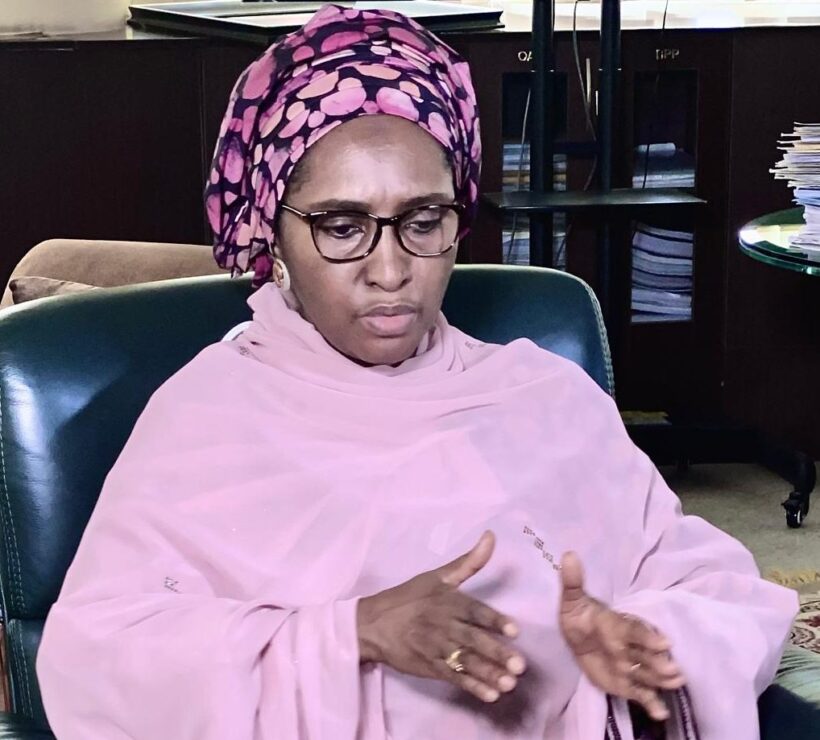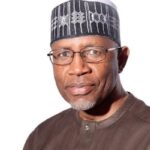As federal government develops the next generation of national development plans (Medium-Term National Development Plans, and the long-term National Development Plan – ‘Nigeria Agenda 50’), it is prioritising sustainable and inclusive development and are ensuring specific interventions aimed at ensuring peace and security across the Nigeria, and on stabilising the North East region.
In her remarks, at the recently held Project Board Meeting for Regional Stabilisation Facility-Nigeria (RSF) Window Virtual, Mrs. (Dr) Zainab Ahmed, the Honourable Minister of Finance, Budget, and National Planning, said: “We remain firmly committed to the stabilization work in the North East, and to working closely with all stakeholders to restore peace and prosperity to the affected States.”
On government-led multi-stakeholder and multi-sectoral approach to stabilising the Lake Chad region, she stated that the government’s experience with the RSF demonstrates the importance of employing a government-led multi-stakeholder and multi-sectoral approach to stabilising the Lake Chad region. She added that this is underscored by the substantive progress made in implementing the RSF Joint Action Plan (JAP) in 2020, despite the challenges raised by the COVID-19 pandemic.
Mrs. Ahmed shared that those of them in the federal government of Nigeria have contributed US$1.1 million to the regional stabilisation facility Nigeria window, in keeping with their longstanding commitment to ensuring stability and sustainable resilience in the North East.
“We recognise the pivotal role of the RSF in achieving this goal, and are committed to continued implementation, and to exploring expansion of the RSF to provide coverage to additional communities. As demonstrated in a recently completed United Nations Development Programme (UNDP) Report, the conflict in the North-East of Nigeria has altered the development trajectory of the region, and we all need to deepen and scale efforts in the region if we are to ensure stability and resilience,” she said.
Making reference to the negative impact of COVID-19, the Honourable Minister said that the pandemic has had a potentially devastating impact on the Nigerian economy and on security in the region (and the country at large), and resulted in a brief recession from which we exited in Q4 2020.
According to her: “The pandemic required that we take a critical look at our health and economic policies, and introduce crisis management measures, catalyse support to the health sector, and accelerate certain key reforms while reimagining others entirely. We launched, under the leadership of President Muhammadu Buhari, a proactive and people-oriented response to the pandemic.
“We are implementing an economic sustainability plan with a comprehensive fiscal stimulus package, and are scaling up our social safety net programmes, including conditional cash transfer programmes. Through implementation of the Finance Acts 2019 and 2020, we are addressing fiscal constraints, and providing significant tax relief for micro, small and medium-sized enterprises (MSMEs).
She recognised the leadership the Governors of Borno, Adamawa, and Yobe States, particularly in the critical areas of infrastructure development and the reintegration of internally displaced persons (IDPs). She noted that additionally, the military and security forces have played an integral role in stabilisation efforts.
Furthermore, Mrs. Ahmed commended the RSF team for the progress so far recorded since the launch of the facility in October 2019. She appreciated, in particular, the team’s effort at reducing vulnerability, reinforcing access to justice, protection of human rights as well as the on-going support for rehabilitation and strengthening of community justice, law enforcement and security structures.






